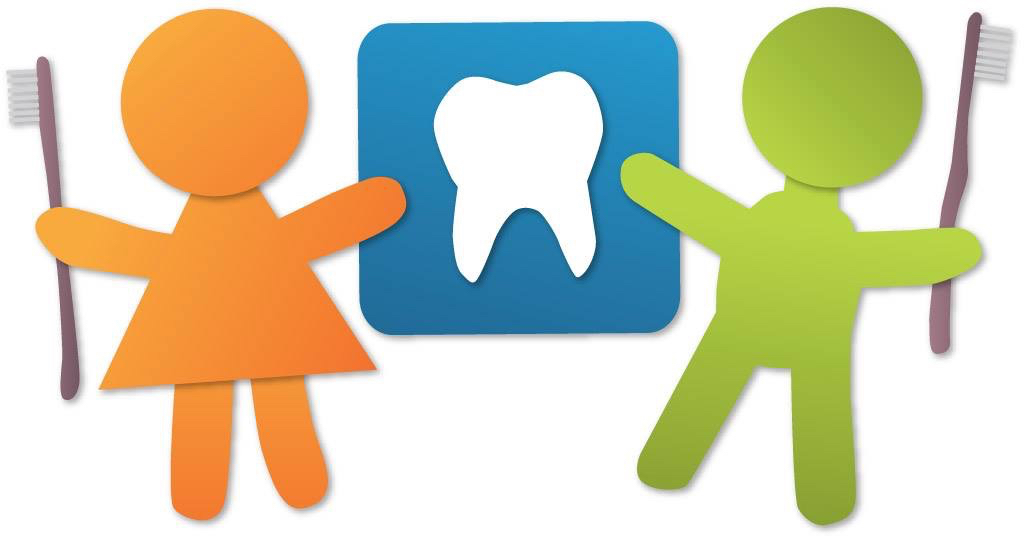Are oral habits should as thumb sucking and pacifiers harmful?
Sucking is a natural reflex, and infants and young children may use thumbs, fingers, pacifiers, or other objects on which to suck. It may make your child feel secure and happy or provide a sense of security during difficult periods. Since thumb sucking is comforting and relaxing, it may also induce sleep.
Thumb sucking that persists for too long can cause problems with the proper growth of your child's mouth and tooth alignment, resulting in severe open bites and the need for future orthodontic treatment. How intensely your child sucks on a finger or a thumb will determine whether or not dental problems may result. Children who rest their thumbs passively in their mouth are less likely to have difficulty than those who vigorously suck their thumbs.
Your child should stop sucking by the age of 2 or 3, and definitely by the time that his/her permanent front teeth erupt. The longer the habit is kept, the more severe are the alterations on skeletal jaw relations and dentition resulting in severe open bite. Peer pressure usually causes school-aged children to stop.
Pacifiers are no substitute for thumb sucking. They affect your child's teeth in the same way as sucking fingers and thumbs. A critical issue with pacifiers is your child's safety. A pacifier should be resistant to breakage, designed to prevent airway obstruction, kept clean, and never secured or tied around your child's neck. However, the use of pacifiers can be controlled and modified more easily than your child's thumb or finger habit.
A few suggestions to help your child stop his/her sucking habits
- awareness of the habit is the first step in ending the habit
- use positive reinforcement, by praising your child when he/she is not sucking, avoid scolding them when he/she is sucking as this may reinforce the habit
- remind your child of their habit by bandaging the thumb or putting a sock or mitten on your child's hand at night
- children often suck their thumb when feeling insecure ... focus on correcting the cause of the anxiety, instead of the habit
Doctor Wang, Doctor Perea-Corkish, Doctor Gerodias and the other Doctors of Discovery Pediatric Dentistry make no warranties, expressed or implied, as to any results to be obtained from use of the information on this page. We cannot diagnose or treat patients over the Internet. Information on this site is for educational purposes only. You should not rely on this information as a substitute for personal, medical, and/or dental attention or diagnosis. Without all available information about a patient, it is impossible to make a diagnosis. Help and answers are in the form of general ideas. Only you, your dentist, and other necessary and qualified health care providers can make an appropriate treatment decision in an emergency or for everyday care and dental treatment.
